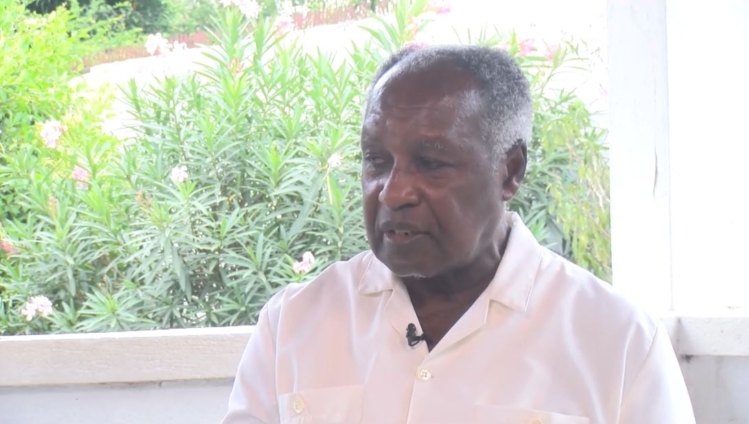Out of the over 720 senior high schools in the country, only 110 of them have had their students make it to the two traditional medical schools at the Kwame Nkrumah University of Science and Technology (KNUST) and the University of Ghana.
Prof Addae Mensah, a former Vice-Chancellor of the University of Ghana disclosed this in an interview with JoyNews.
While recounting the gains of the schools of origin on 60 years of medical education, the academician said the contributions made by these institutions have been enormous taking into account the quantum and quality of personnel churned out.
Prof. Addae Mensah was, however, worried that little has been achieved in the area of studying medicine as a vehicle for social mobility.
The academician explained "at the last count, we are supposed to have 720 senior high schools in the country. “
“For the period of 2012 to 2020, we have admitted 1,272 to the University of Ghana Medical School. We have admitted similar numbers to the KNUST School of Medical Sciences.
"Of those number of students admitted, they come from just about 110 schools, which means there are 610 schools in this country who have never sent a student to our two medical schools for the past eight years."
The Professor further revealed that out of the 110 schools that supplied the students for these two flagship medical schools, 5 of them have been dominant.
"Let us take the University of Ghana Medical School. From 2013 to 2020, the 1,272 students, the first 5 schools that are; Wesley Girls School, Presec (Legon), Achimota, Mfantsipim, Holy Child and Prempeh bracket in the fifth position. These five schools alone have produced 50% of the medical students and 18 schools have produced more than 75% of the students in our medical school," he added.
This means the 25% left is shared among the remaining schools giving them a slim probability of getting any of their students in the medical school.
As to what has accounted for this phenomenon, the renowned professor attributed it to the absence of school facilities that create a congenial atmosphere for learning science and mathematics.
He underscored the need for the provision of science laboratories for the less endowed schools. Professor Addae Mensah reiterated the need to improve facilities in the schools.
Prof Addae Mensah is of the view that rather than set up STEM schools as the government intends to do, it should concentrate effort in replicating what makes the few schools do better in the low-performing schools.
The academician also expressed worry about the general quality of education. He said the Free SHS is only producing quantity and not quality and ought to be reviewed.
The Professor believes that sacrificing quality for quantity is not the way to go.
He wants government to engage all stakeholders to relook and rethink the policy in order to make it more sustainable
Latest Stories
-
Teenage pregnancy declines in Akatsi North as leaders call for sustained action
49 minutes -
NIB, NACOC destroy $350m worth of cocaine following court order
1 hour -
Keta-Akatsi Catholic Diocese honours health workers at 33rd World Day of the Sick
1 hour -
Suspect arrested for burglary and theft at Kasoa Nyayano
1 hour -
US resumes visas for foreign students but demands access to social media accounts
2 hours -
Indian High Commission collaborates with VRCC and UHAS to champion physical, mental wellness in Volta Region
2 hours -
This Saturday on Newsfile: Galamsey fury, NPP early primaries and effects of Israel-Iran war
3 hours -
African Heads of States, Caribbean and Global Business Leaders to gather in Abuja Nigeria for 32nd Afreximbank annual meetings
3 hours -
GES, Brilliant Educational Consult train teachers in Kumasi to boost their competencies
4 hours -
DIPPER Lab launches IoT Training Programme to equip students with practical tech skills
4 hours -
China reaffirms one-China principle, commends Ghana’s historic support
4 hours -
Road safety: Experts push for automatic speed monitoring systems to curb over-speeding
4 hours -
Hearts of Oak explain decision to appoint Didi Dramani as head coach
4 hours -
Luv FM High Schools Debate: 8 schools to battle for spots in semi-finals
4 hours -
Official launch date for 2025 Guinness Ghana DJ Awards revealed
4 hours

